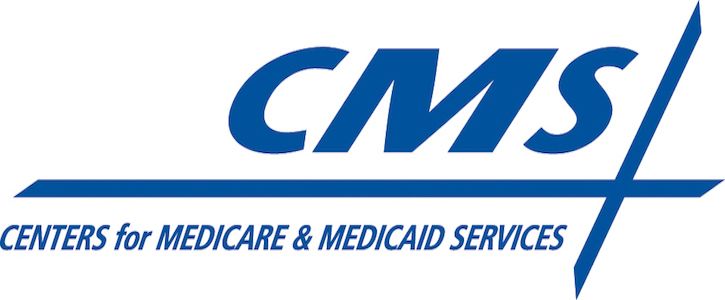- Politics
- Diversity, equity and inclusion
- Financial Decision Making
- Telehealth
- Patient Experience
- Leadership
- Point of Care Tools
- Product Solutions
- Management
- Technology
- Healthcare Transformation
- Data + Technology
- Safer Hospitals
- Business
- Providers in Practice
- Mergers and Acquisitions
- AI & Data Analytics
- Cybersecurity
- Interoperability & EHRs
- Medical Devices
- Pop Health Tech
- Precision Medicine
- Virtual Care
- Health equity
CMS' Updated Medicare Advantage Plans Focus on SDoH
The changes give the plans more flexibility to offer benefits that focus on preventing disease and keeping people healthy.

The Centers for Medicare and Medicaid Services (CMS) yesterday finalized updates to continue to increase competition among Medicare Advantage and Part D plans to give patients higher quality care at lower costs.
The changes will increase plan choices and benefits and include important actions to address the opioid crisis.
“With Medicare Advantage enrollment at an all-time high, plans need greater flexibility in offering benefits that focus on preventing disease and keeping people healthy,” said CMS Administrator Seema Verma.
In 2020, chronically ill patients with Medicare Advantage have the possibility of accessing a broader range of supplemental benefits that might not be health-related but could help improve or maintain the health or overall function of the enrollees. The benefits address the social determinants of health.
For example, for patients with asthma, the plan could cover home air cleaners and carpet shampooing to reduce irritants that could trigger asthma attacks. The plan could provide heart healthy food and produce for patients with heart disease and could provide transportation to a doctor’s appointment, education program or to see a nutritionist for patients with diabetes.
CMS encourages Medicare Advantage plans to take advantage of new cost sharing reductions for patients with chronic pain or that are undergoing addiction treatment and for Part D plans to provide at least one opioid-reversal agent on a lower cost-sharing tier.
The agency is also taking steps to advance Medicare Part D opioid-related measures through the development of the star ratings process. The specifications have been updated for the use of opioids at high dosage and/or from multiple providers, and concurrent use of opioids and benzodiazepines measures, and have been added to the display page.
CMS’ policies have resulted in a 14 percent decrease in the share of Part D beneficiaries using opioid between 2010 and 2016.
“(Yesterday’s) changes give plans the ability to be innovative and (offer) benefits and services that address social determinants of health for people with chronic disease,” said Verma.
Get the best insights in healthcare analytics directly to your inbox.
Related
The CMS Proposed Rule May Unintentionally Exclude Our Most Vulnerable Patients
CMS Appoints First Chief Healthcare Informatics Officer
CMS and ONC Propose New Rules to Improve Interoperability of EHI
